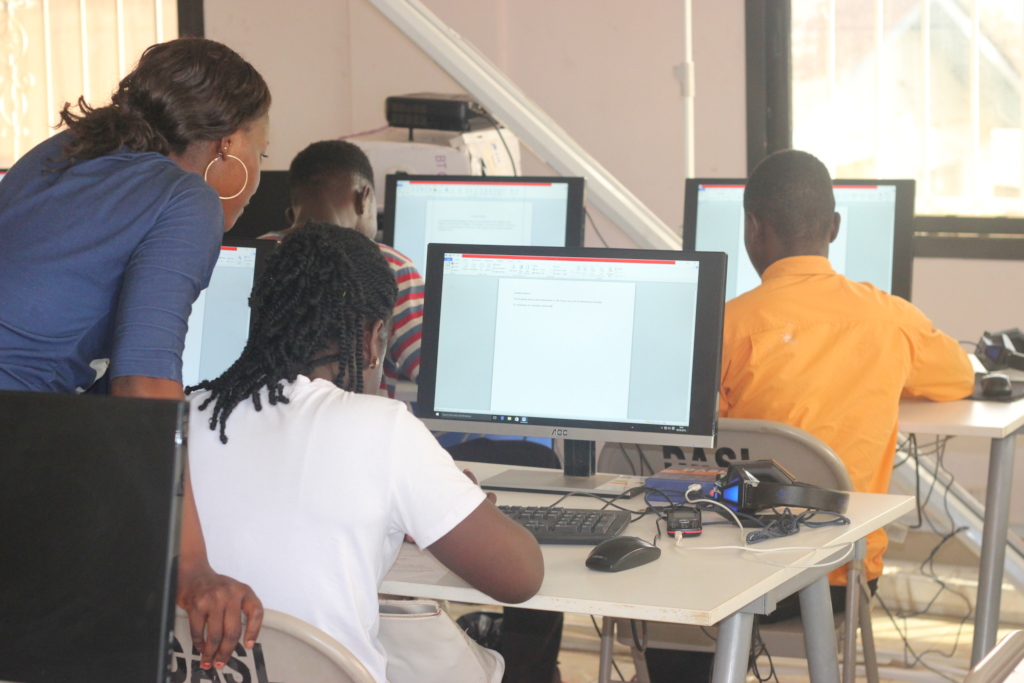Women in Sierra Leone, like women everywhere else in the world, face the digital gender gap that fraught the global community. However, in their front of the global challenge, Sierra Leonean women also deal with peculiar dimensions of the digital rights problem that further sabotage their online rights.
In the whole of West Africa, Sierra Leone is rated as the lowest in terms of broadband usage with the militating factors mainly being poor and restrictive licensing regimes that dissuade telecommunications companies from setting up and expanding into the country. Consequently, mobile penetration is only 50% with mobile internet subscription at 24%.
Given that women form more than half of Sierra Leone’s population and 50% of the population live in the rural areas, the poor broadband situation which makes access to good telecommunications services hard enough for city dwellers, translates into even more dire bottleneck for rural women in terms of access to the digital space. On the basis of poor access alone, many Sierra Leonean women cannot be online, let alone exercise their digital rights.
But even where there is access, women are still disadvantaged. High cost of data, and the high cost of digital and mobile devices such as computers and mobile phones are key challenges that affect their right to access.
Then there are the issues of cyber bullying, poor privacy and safety features of cyber platforms and cyber attacks which disproportionately affect women.
Many women are also unable to optimally use digital tools even where they can afford to be online because of poor digital skills and for some women, vulnerability to the theft and misuse of their personal data scares them offline.
The policy environment for women and digital rights is improving though. A Gender and Women’s Empowerment Bill has been enacted after years of advocacy and lobbying and is currently before Parliament for passage into law
Also, in 2021, a Cyber Security and Crime Act was passed into law to regulate the cyber space and thus safeguard privacy rights that Sierra Leone’s constitution guarantees. The downside however is that the Act does not make specific provisions for the protection of women.
Again, a Data Protection Bill is before Parliament; once it is passed it will compliment the Cyber Security and Crime Act.
Sierra Leone, like all countries with active telecommunications industry also has a Universal Access Development Fund, even though the Fund is not adequate.
While commending government’s efforts, this report makes a number of recommendations on what government and the telecommunications companies can do to improve the situation. For example, it recommends that government tame high taxes on telecommunication services.
It also recommends that a data policy, that engenders data protection and data ownership be evolved quickly by government, even as telecommunication companies invest in infrastructure to expand connectivity.
Please access the full report here.





